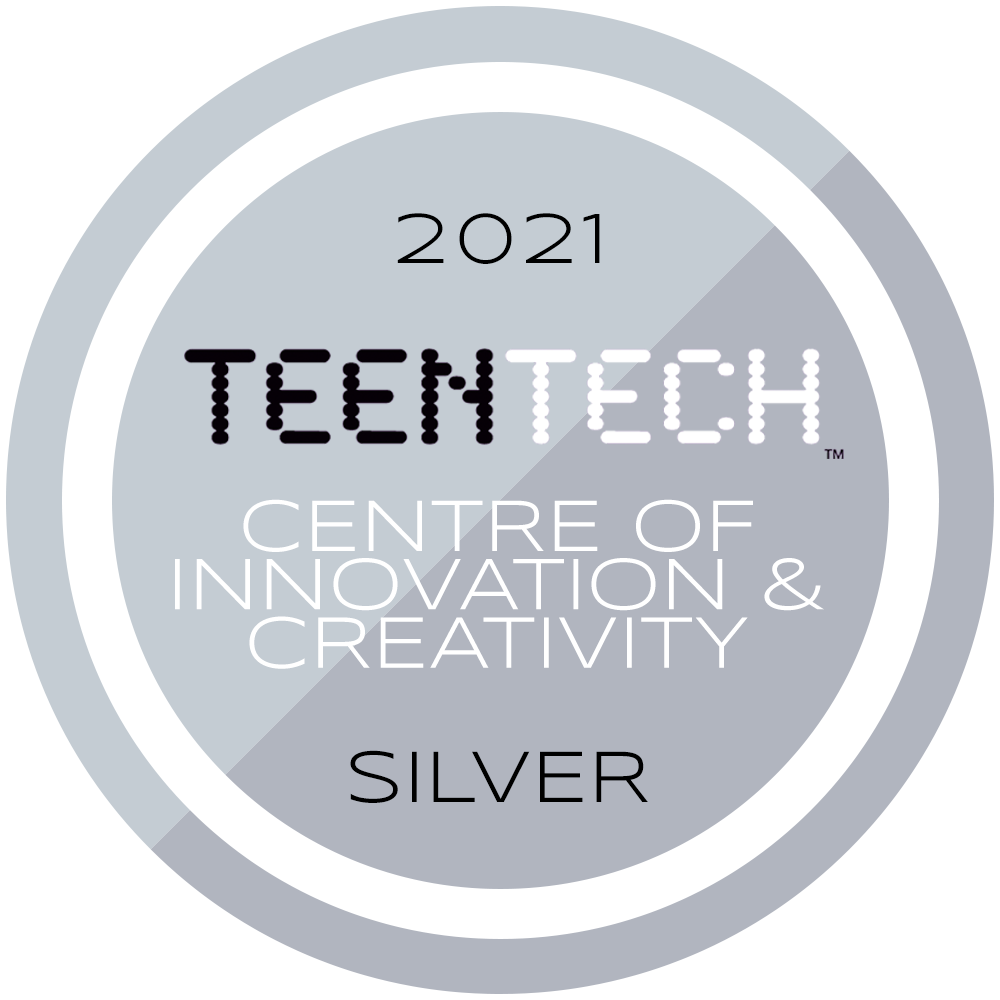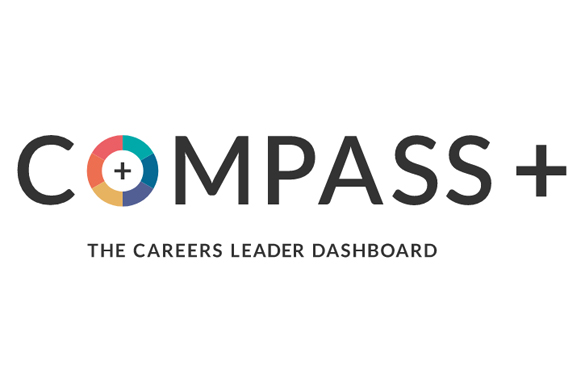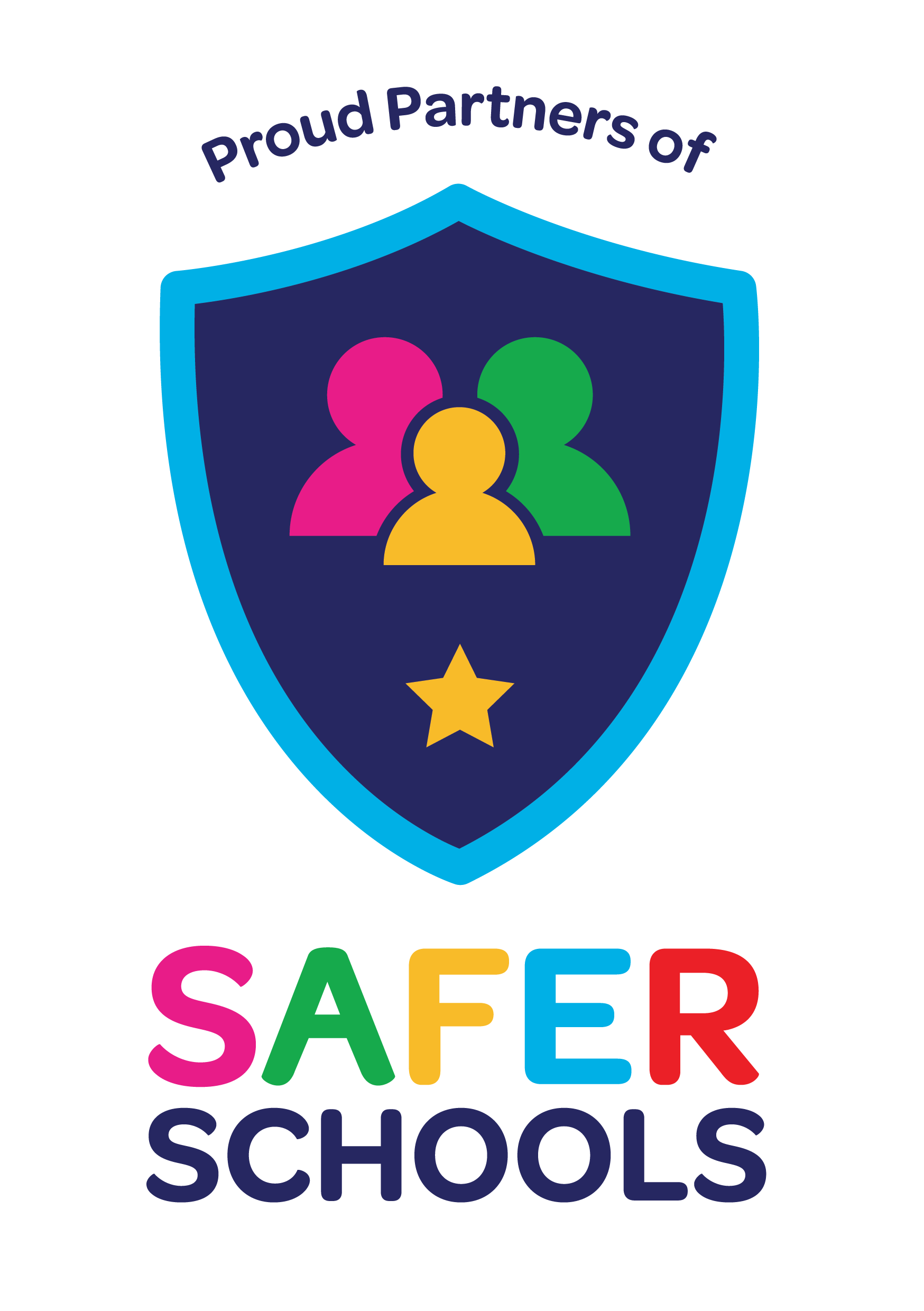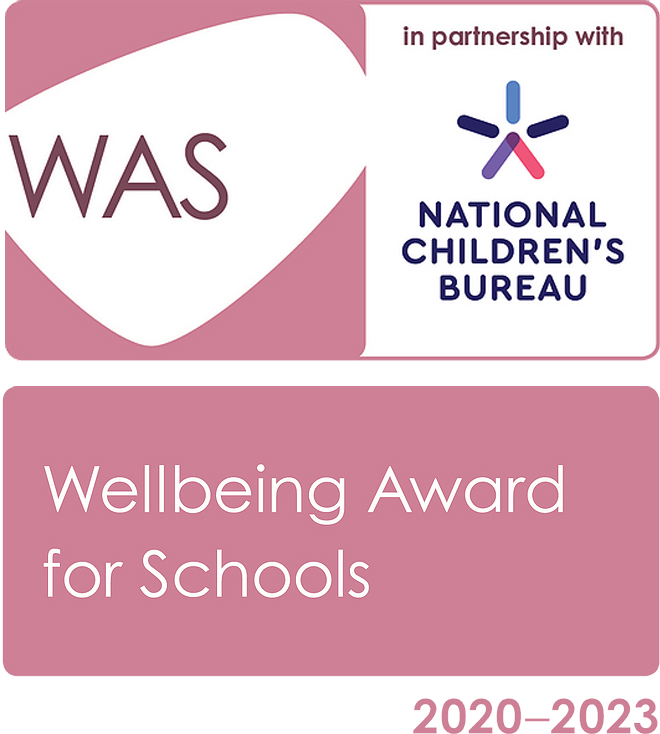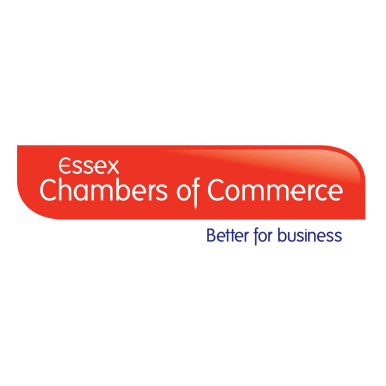Additional Support for SEND families and students.
All the resources, courses and support materials are free at the source when we looked at them. If you find that this has changed, please let us know so we can remove them.
If you require any further assistance please contact the SEND team at: [email protected]
Google Extensions
We have been successfully trialling a number of extensions to google classrooms that provide additional support for students with dyslexia. Please try them out!
Beeline reader
What does it do? Simply puts blocks of texts into colours and greatly helps maintain focus.
Alpha text
What does it do? Changes the font of the content and makes it bigger or smaller depending on your preferences. You are also able to change the background colour and text colour too which can be helpful for learners who have dyslexia or visual impairments.
Open dyslexia font
What does it do? Changes the font to one that can be more accessible for students with Dyslexia.
NOverlay
What does it do? Enables the user to put a coloured overlay over black and white text.
More online support
For Families
Back-to-School Guidance for SEND learners – A really useful guide to guidance on students returning to school.
http://www.nhs.uk/conditions – Find information about ASD, SPLD and other medical conditions.
ACE – the Advisory Centre for Education – Gives good information and advice about Admissions, Attendance, Bullying, Exclusions and Special Educational Needs.
https://combinedwellbeing.org.uk/topics/ – Support for families and students on a wide range of mental health and wellbeing topics
http://familylives.org.uk– A national charity offering information support and advice about parenting, including challenging behaviour, emotional wellbeing, teenagers etc, details about specialist advice, parenting groups in your area.
www.iassnetwork.co.uk – Advice and support for parents of children with SEN
www.ipsea.org.uk – IPSEA – Independent Parental Special Education Advice, a charity which offers legal advice, support and training to ensure children and young people with Special Educational Needs and Disabilities (SEND) access the right education.
www.special-needs-kids.co.uk – An information directory for parents and carers
www.youngminds.org.uk – Young Minds – a national charity committed to improving the mental health of all children, advice about depression, eating disorders, and other mental health issues affecting children, see website for details.
ADHD
ADHD a practical guide – Very practical guide on how to manage a student with ADHD at home
https://www.adhdfoundation.org.uk/parents/ – Huge range of resources, from day to day support to what and EHCP is.
https://www.ukadhd.com/support-groups.htm – Wide range of information, including directory of ADHD focussed support groups.
youngminds.org.uk/ ADHD support – Comprehensive guide to support parents of students with ADHD
https://www.singlecare.com/blog/adhd-medication-children/ – ADHD medication and children
Autism
www.autism.org.uk/directory.aspx– The National Autistic Society give useful advice to parents of autistic children, including an online directory which will pull together information according to your child’s age diagnosis and where they live (it has lots of useful advice and resources)
www.autismspeaks.org – A comprehensive site, with a useful resource library
www.autismuk.com – Lots of information on ASD
www.widgit.com/resources – Lots of symbols to help explain different ideas, including things like going to the doctor/dentists etc.
Tourettes
https://www.tourettes-action.org.uk/ – Tourettes Action is run by a small team of dedicated staff and an experienced board of trustees who have worked with Tourette Syndrome and disability organisations.
Dyslexia
British Dyslexia Association – a useful website with information about dyslexia, assessment and identification, exam concessions etc.
Dyslexia research trust – for diagnosis service
Dyspraxia
Dyspraxia Foundation – offers information and supports individuals and families affected by developmental dyspraxia through books, suggestions, a teen newsletter, and an adult support group.
movementmattersuk.org good overview of dyspraxia and some practical support guidance for parents
Dyspraxia support strategies Practical guide to helping students with dyspraxia
Children with disabilities
Contact a Family (CaF) – really good source of information and support to parents of children with many different sorts of disability, including parent-parent support. They also provide comprehensive well written booklets written in a clear concise manner for parents, teachers and young people
Online Safety
ann craft trust – How to Stay Safe Online – Guidance for Adults and Young People with Learning Disabilities – Digital Safeguarding
Sleep issues
Cerebra – They have some good advice on helping children who have sleep issues. They also have a stress helpline.
What teens need to know about sleep and how to teach them – Here is a link to a recording of a webinar on helping Teens get good sleep routines.
Speech, language, visual and hearing impairment
www.talkingpoint.org.uk – Speech and Language Services – Talking Point provides a guide to speech and language services and useful links to other associated websites.
www.rnib.org.uk – There are around two million people in the UK with sight problems and RNIB (Royal National Institute of Blind People) is the leading charity offering practical support, advice and information to anyone with a sight problem. Their pioneering work helps not just with braille, Talking Books and computer training, but with imaginative and practical solutions to everyday challenges.
www.ndcs.org.uk – National Deaf Children’s Society – have an informative website including information about a new software reader for spoken text on the web.
Sport
www.kids.org.uk – Young Peoples Inclusion Network – YP -in provides online guidance about both strategy and putting Inclusion into Practice covering issues such as Leisure and Sports Services, Youth Provision, Transport and Independent Living.
www.cpsport.org – Multi Sport – developing sports activities for children and young people with Cerebral Palsy.
www.specialolympics.org – Special Olympics – provide training and the opportunity to compete locally and nationally in a variety of sporting activities for children and young people with a learning disability. Organising new activities where specialist sports activities do not exist.

